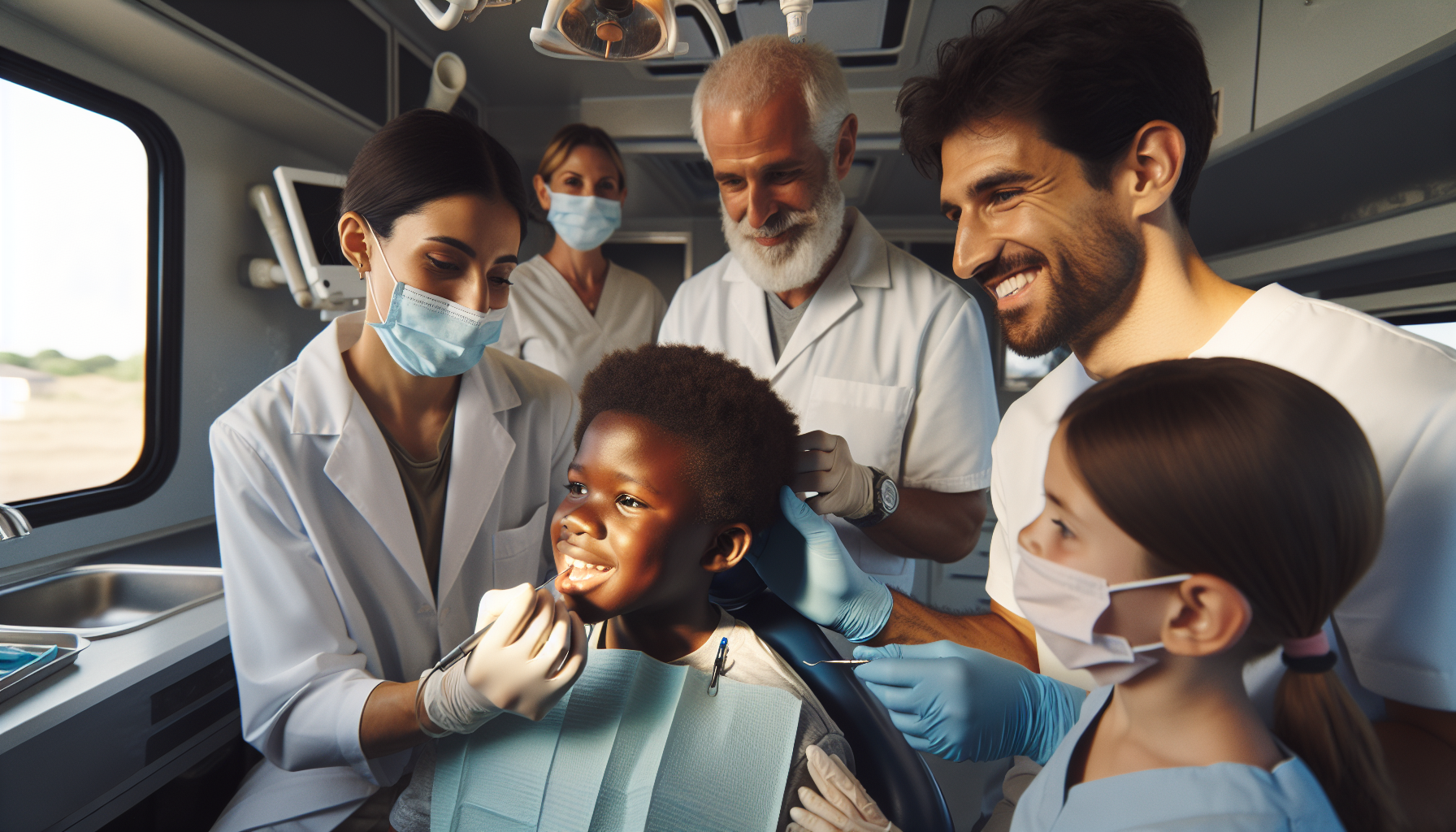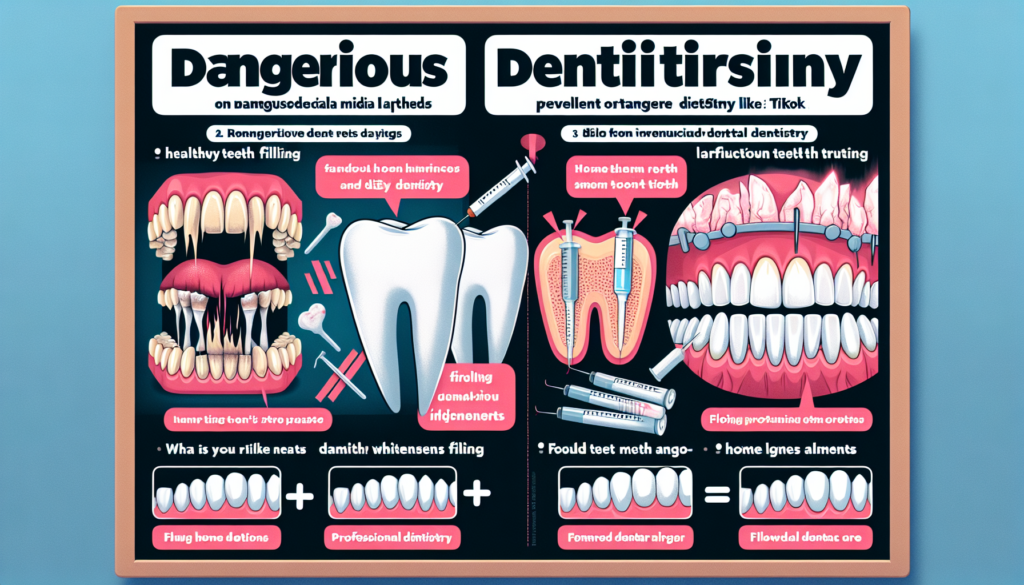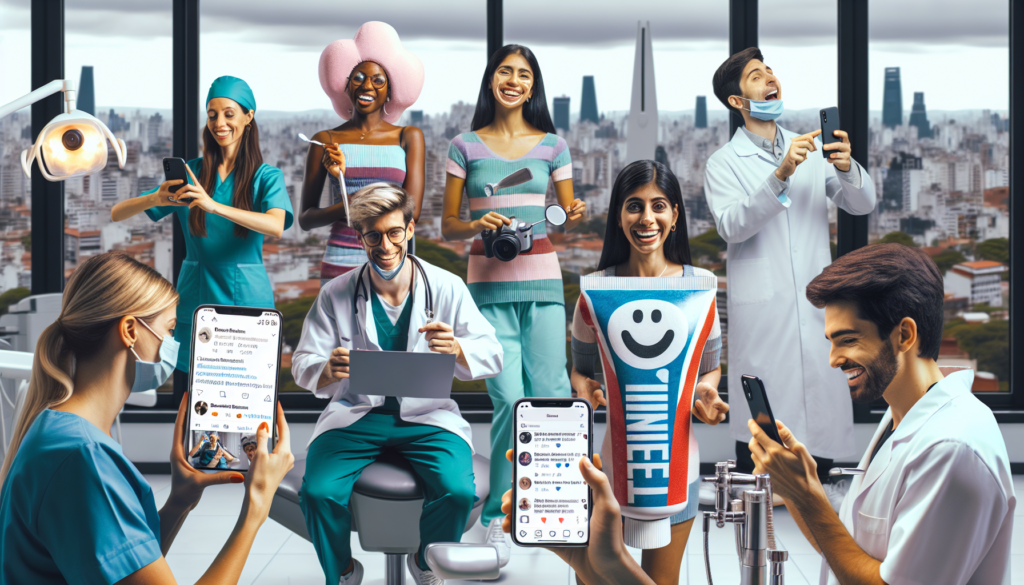Mobile Dental Clinics Transform Children’s Oral Health in Schools
Just like small daily habits can transform your life, consistent dental habits can create a lifetime of confident, healthy smiles. Learn more in The Habit Method.
Across the United States, mobile dental clinics in schools are changing how children access dental care. With more than 17 million children lacking regular dental visits due to transportation, cost, or access barriers, school-based care is emerging as a practical solution. By bringing dental professionals directly to campuses, mobile dental units ensure that preventive and restorative care are accessible to every student—no matter their zip code.
What Are Mobile Dental Clinics and How Do They Work?
Mobile dental clinics are fully equipped dental offices on wheels that travel to schools and community centers. These units provide school-based dental care that allows students to receive preventive services during school hours without missing class or requiring parents to take time off work.
Services Offered Through Mobile Dental Units
- Routine cleanings and examinations: Preventing cavities and gum disease through regular maintenance.
- Fluoride treatments and sealants: Strengthening enamel and protecting against decay.
- Oral health education: Teaching students proper brushing and flossing techniques.
- Referrals for advanced care: Connecting families with local dental offices for further treatment.
These clinics are staffed by teams of dental hygienists, dentists, and assistants who work closely with school nurses and administrators to coordinate care. In some cases, local health departments or nonprofit organizations fund and manage these programs, integrating them into broader children’s oral health programs.
Benefits of School-Based Mobile Dental Programs
The benefits of mobile dental units go far beyond convenience. They directly support public health, educational success, and equity in access to care.
Improved Access to Dental Care for Underserved Children
Many children—especially those in rural or low-income areas—lack access to regular dental services. Mobile dental clinics remove major barriers such as transportation difficulties and lack of insurance. According to the Centers for Disease Control and Prevention (CDC), approximately 25% of children aged 5–19 have untreated dental caries. School-based clinics significantly reduce this rate by ensuring timely preventive care.— Centers for Disease Control and Prevention (CDC)
Early Detection of Oral Issues
By providing routine screenings, these clinics facilitate early diagnosis of tooth decay, malocclusion, or developmental conditions. Early intervention not only prevents pain but also reduces long-term treatment costs for families and communities.
Reduced Absenteeism and Better Academic Performance
Tooth pain is among the top reasons for missed school days. Children who suffer from dental pain often struggle to concentrate in class. Studies show that students receiving mobile dental services for kids have fewer absences and demonstrate improved classroom outcomes.— Journal of Public Health Dentistry
Cost-Effectiveness for Schools and Families
Mobile programs are often funded through state initiatives, Medicaid reimbursements, or grant partnerships, making them low-cost or free for families. For schools, these partnerships can mean better student attendance, engaged learners, and an improved overall well-being index—without additional administrative burden.
Reducing Oral Health Disparities Among Underserved Communities
Oral health inequities often mirror broader socioeconomic disparities. Children from low-income families are twice as likely to suffer from untreated cavities compared to their higher-income peers.— American Academy of Pediatric Dentistry Mobile dental clinics in schools directly target these disparities by offering care to children who need it most.
In several states, mobile dental vans have successfully restored thousands of children’s smiles. For example, in rural areas of Texas and California, community outreach programs have reported up to 40% reductions in untreated decay rates after regular mobile dental visits.
Community Success Stories
- In Kentucky, a mobile dental initiative reached 200 schools, providing fluoride varnish and screenings for over 15,000 children annually.
- In Oregon, school-based dental care programs cut the number of emergency dental visits among children by half.
These outcomes highlight how mobility, innovation, and compassion can combine to reduce oral health inequities.
How Mobile Dental Clinics Promote Preventive Care and Education
Prevention is at the heart of good dentistry. Mobile clinics don’t just treat—they teach. Every visit becomes an opportunity for preventive dental care for students and a lesson in lifelong oral hygiene.
Empowering Children Through Education
Dental professionals provide engaging demonstrations on proper brushing, dietary choices, and the importance of routine checkups. These interactions often spark curiosity and habits that extend into adulthood.
Building Lifelong Dental Health Awareness
By normalizing dental visits in the comfort of their school environment, children learn that oral care is a routine part of staying healthy. Over time, programs like these contribute to a generation more aware, confident, and proactive about oral hygiene.
The Future of Mobile Dental Care in Schools
As the need for equitable healthcare models grows, mobile dental programs are expected to expand significantly. The integration of innovation, policy, and education will shape the future of improving oral health in schools.
Growing Demand for Accessible Care Models
More school districts are partnering with local health providers and non-profits to introduce mobile dental programs. The increasing success of these programs has prompted interest from policymakers aiming to fund sustainable public oral health initiatives nationwide.
Innovations in Portable Dental Technology
Advances in portable X-ray imaging, digital charting, and tele-dentistry have made these clinics more efficient and effective. Real-time data sharing between schools and dental offices ensures children get timely referrals and follow-ups.
Collaborative Partnerships for Wider Impact
Partnerships between dentists, hygienists, educators, and community health advocates create a solid foundation for expanding mobile services. The synergy ensures that both oral and overall health remain top priorities in school environments.
Conclusion: Why Mobile Dental Clinics Are the Key to Children’s Oral Health Equity
Mobile dental clinics turn schools into gateways for healthier futures. By addressing barriers to care, they promote preventive practices, early intervention, and educational advancement—all while fostering public health equity. Every smile restored within school walls reflects compassion, innovation, and a commitment to community wellness.
Communities, educators, and dental professionals all play a vital role in sustaining these initiatives. Together, they build a model of care that goes beyond brushing and flossing—it’s about empowerment, inclusion, and opportunity.
Continue exploring how small habits create lasting wellness in The Habit Method.
Frequently Asked Questions
1. What is a mobile dental clinic?
A mobile dental clinic is a fully functional dental office built into a vehicle, allowing dental teams to deliver care directly to schools and community centers where access is limited.
2. What services do mobile dental clinics provide?
Services include cleanings, oral examinations, fluoride applications, sealants, oral health education, and referrals for advanced treatment when needed.
3. Why are school-based dental care programs important?
They improve access to dental care for children who might otherwise go without treatment due to financial or transportation barriers, helping prevent cavities and gum disease early.
4. How can schools start a mobile dental program?
Schools can partner with local dental offices, public health departments, or nonprofit organizations that specialize in mobile dental outreach. Many states offer funding support or grants for these initiatives.
5. Are mobile dental services for kids safe and effective?
Yes. Mobile dental programs operate under strict infection control protocols and are licensed by local health authorities. Research consistently shows they provide safe, effective, and high-quality preventive care.
Post Disclaimer
DentalUp is for educational purposes only and cannot accept personal dental information such as x-rays, photos, or treatment details. See full disclaimer here.





